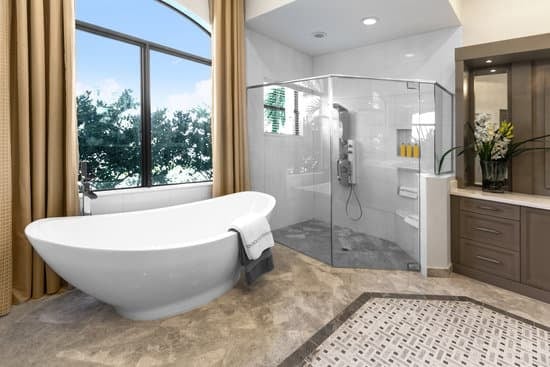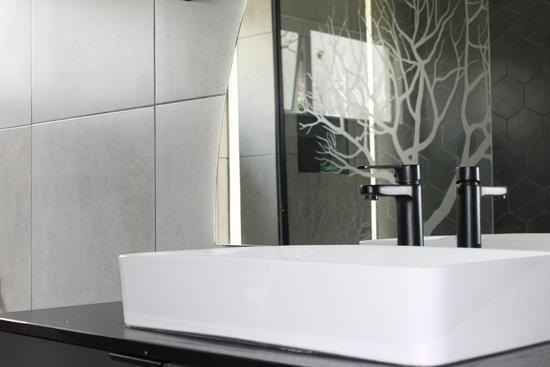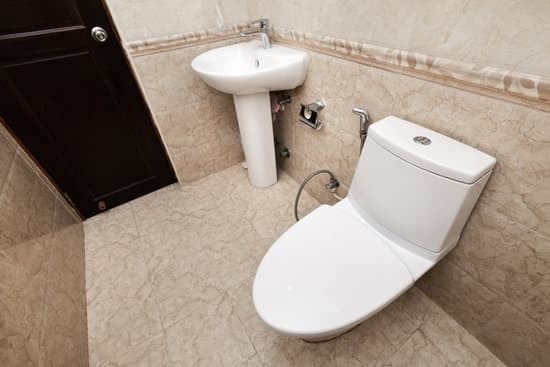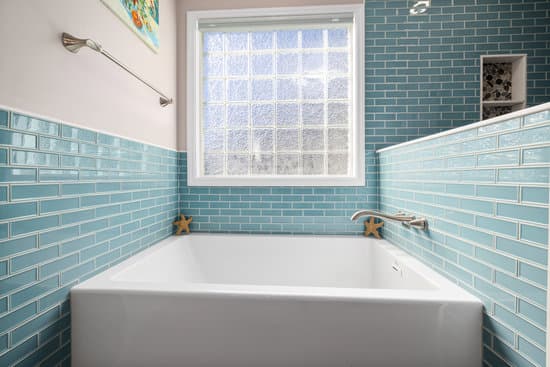Are you considering adding a bathroom to your basement? Before you dive into the project, it’s important to understand the potential costs involved. In this article, we will break down the expenses associated with adding a bathroom in your basement. From assessing the scope of the project to plumbing and electrical considerations, we will guide you through all the factors that can affect your budget. By understanding these costs upfront, you can make informed decisions and ensure your safety throughout the process.
Assessing the Scope of the Project
You should assess the scope of your project before determining how much it will cost to add a bathroom in the basement. Proper project planning is essential for a safe and successful outcome. Begin by evaluating your basement layout and identifying potential obstacles or limitations that may impact the construction process. Consider factors such as existing plumbing, electrical connections, and structural integrity. Determine if any modifications or upgrades are necessary to meet building codes and regulations. It is also important to assess the accessibility of your basement, including stairways and doorways, to ensure that there are no restrictions when it comes to bringing in materials or equipment. Taking the time to thoroughly evaluate these aspects will help you understand the full extent of the project and allow for accurate cost estimation.
Plumbing and Electrical Considerations
Plumbing and electrical considerations should be taken into account when installing a new bathroom in the basement. Ensuring proper permits for plumbing and electrical work is essential to guaranteeing safety. Here are three important factors to consider:
- Plumbing Permits: Obtain the necessary permits from your local building department before starting any plumbing work. This will ensure that the installation meets all safety codes and regulations.
- Electrical Permits: Similarly, obtain electrical permits to ensure that the wiring and fixtures in your new bathroom meet safety standards. Hiring a licensed electrician is highly recommended.
- Waterproofing and Moisture Control: Basements are prone to moisture issues, so it’s crucial to implement waterproofing measures during the construction process. Use waterproof materials for walls, floors, and fixtures, such as water-resistant drywall or tile.
By addressing these plumbing and electrical considerations, along with proper waterproofing and moisture control techniques, you can create a safe and functional bathroom in your basement.
Materials and Fixtures Needed
To create a functional bathroom in your basement, it’s important to consider the materials and fixtures needed. When it comes to choosing tile options, make sure to select ones that are suitable for damp environments. Porcelain and ceramic tiles are popular choices as they are durable and resistant to moisture. Additionally, opt for non-slip tiles to ensure safety, especially if there is a chance of water splashing onto the floor.
Ventilation requirements are crucial in preventing mold and mildew growth. Install an exhaust fan that can effectively remove moisture from the bathroom. Make sure it is properly vented outside, rather than into the attic or other areas of the basement. This will help maintain good air quality and prevent any potential health hazards associated with excessive humidity.
By carefully considering these materials and fixtures, you can create a safe and functional bathroom in your basement without compromising on quality or longevity.
Hiring Contractors or DIY Options
Hiring contractors can be an efficient option for creating a functional bathroom in your basement. Not only do they possess the necessary expertise and experience, but they also ensure that the work is done safely and up to code. When considering the cost analysis, it’s important to factor in both the labor costs and materials needed for the project. Contractors can provide you with a detailed estimate that outlines these expenses, helping you make an informed decision. Additionally, hiring professionals saves you valuable time as they handle all aspects of construction, from obtaining permits to installing fixtures. This allows you to focus on other priorities while ensuring that your basement bathroom is built efficiently and meets all safety standards.
Additional Costs to Consider
Another factor to consider is whether you’ll need any electrical work done for your basement bathroom. It’s important to prioritize safety, so hiring a licensed electrician to handle the electrical aspects is highly recommended. They will ensure that all wiring and outlets are up to code, minimizing fire hazards and potential electrocution risks. Additionally, don’t forget about permits and inspections. Depending on your location, you may need to obtain permits before starting any construction or plumbing work. These permits typically require inspections throughout the process to ensure everything is being done correctly and safely. Lastly, waterproofing and moisture control are crucial for basement bathrooms due to their below-ground location. Properly sealing walls and floors with waterproofing materials will help prevent water damage and mold growth in the long run.
Conclusion
In conclusion, adding a bathroom to your basement can be a worthwhile investment. The cost will depend on various factors such as the scope of the project, plumbing and electrical considerations, materials and fixtures needed, and whether you hire contractors or choose to DIY. It’s important to assess all these aspects and consider any additional costs that may arise. With proper planning and budgeting, you can create a functional and comfortable bathroom in your basement that adds value to your home.







